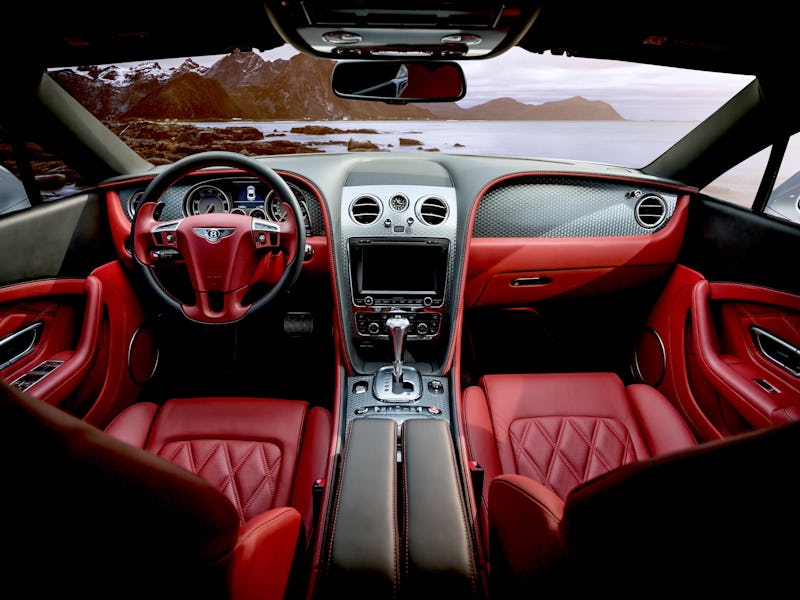Having Expensive Taste Is Changing Your Ability to Make Friends
"If it looks good, then party on."

In 2010, Lloyd Banks posed the question: “Beamer, Benz or Bentley?” Eight years have passed, and we’ve only now received a conclusive answer. In a new study on the effect of luxury brands on relationships conducted by researchers at the University of Michigan, psychologists suggest that if you want to make any friends, the best answer to this question is “none of the above.”
Lead researcher Stephen Garcia, Ph.D., remembers the moment he became aware of the power of such goods. At a department store in California, where he grew up, a woman walked in sporting a Neiman Marcus bag, and it caught his eye. “It’s like she brought in this bag to show that she was a Neiman Marcus shopper, and I just thought, gosh — even as a kid, and I noticed it,” he tells Inverse.
“I think there’s this quest for pursuing status and thinking that it’s going to be attracting people in positive ways. But it actually has this negative backlash,” he says.
Years later, Garcia, in conjunction with a team of researchers from two other universities, ran a battery of six tests to get to the bottom of why people pick luxury goods and how those choices are received by peers. This led them to construct some fun social scenarios, most of which involve luxury cars, watches and fancy winter jackets. For instance, to test whether people tended to choose luxury goods when they thought they were going to meet a new person, they asked 150 Amazon Mechanical Turk workers to imagine this scene:
Imagine you’ve just moved to Denver and you’re going to a social activity at a downtown bar. You really want to make some new, close friends. As you’re getting ready you’re trying to decide on which of two watches that you own you should wear. One is an expensive Tag Heuer watch and the other is an inexpensive generic watch. Both match your outfit.
When the participants were asked which watch they thought they should wear, the majority chose the expensive Tag Heuer. But when they were asked whether what kind of watch-wearer they’d rather approach to become friends with, the majority preferred the person wearing the inexpensive watch.
The findings were intriguing, but they still didn’t explain why people chose luxury goods. Hypothesizing that more expensive watches might just look better, Garcia and his team had participants imagine a very generic picnic in which attendees were only allowed to wear two types of white t-shirts: One that read “Walmart” in black font and one that read “Saks Fifth Avenue.”
In another experiment, Garcia used luxury coats and cars to test his hypothesis that luxury brands are a turnoff.
In that scenario, 74 percent of people chose to wear the Saks T-shirt when they were told present themselves as potential friend material. But when people were told to pick who they’d rather hang out with, 64 percent of participants reported that they’d rather approach someone wearing a Walmart shirt. As both shirts were equally bland, this was enough to convince Garcia that this has little to do with looking good and everything to do with sending a message to peers.
“When we’re making a choice of presenting ourselves, I think part of the norm in self-preservation is that you want to stand out. So people will signal the status because you want to seem like a winner,” Garcia says. “But what the presenter doesn’t realize is that those other people also want to be a winner too, and so and if they’re signaling their status, the would-be friends are kind of turned off on it.”
So while status might have been important to the shopper Garcia noticed those years ago, this battery of tests suggests that using that bag probably didn’t help her make many friends. And in light of his findings, Garcia doesn’t put much stock in brands anymore. “If it looks good, then party on,” he says.